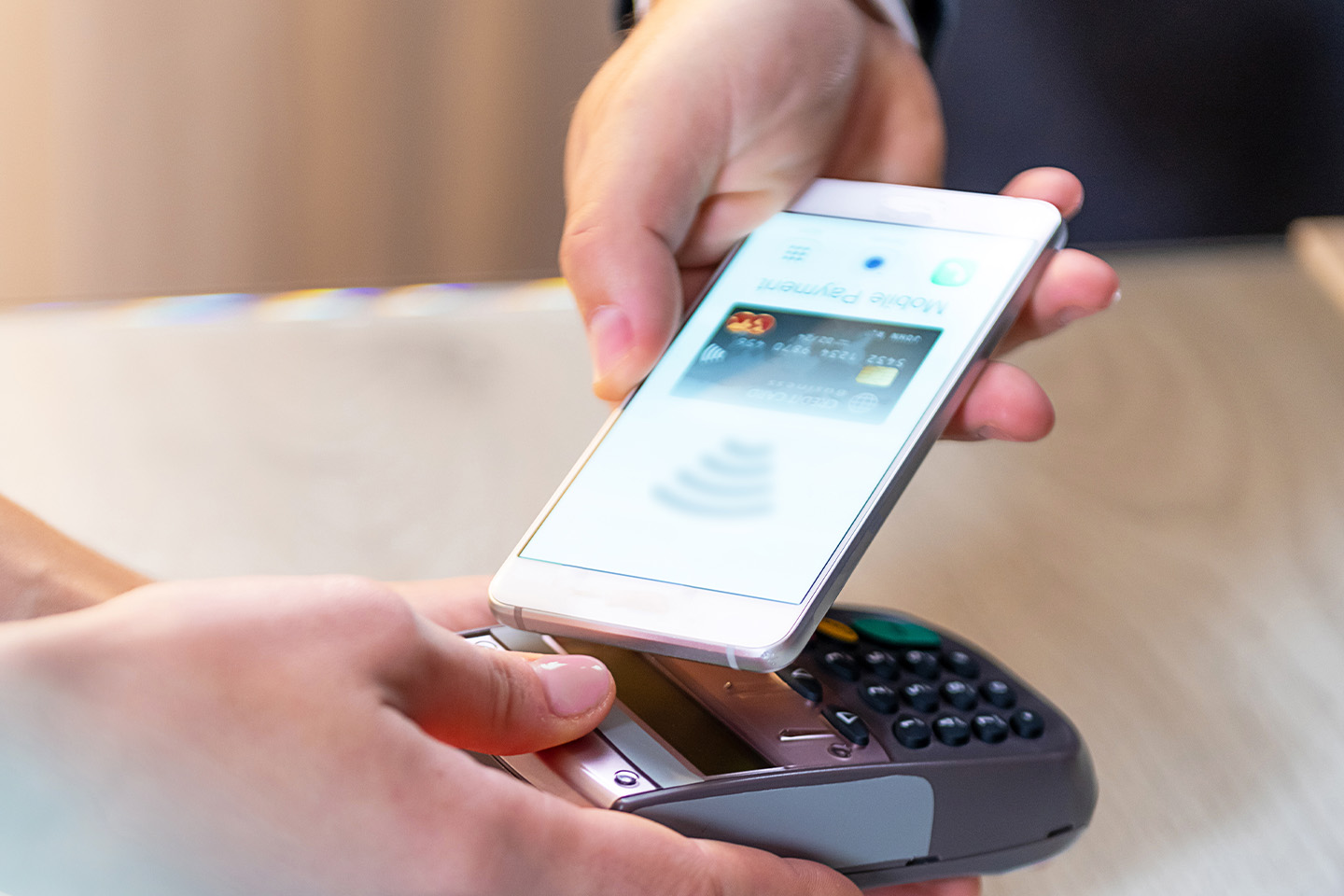The COVID-19 pandemic has further pushed consumers to paperless payment options, accelerating a long trend toward increased credit and debit card use at the check-out counter. However, it has also helped fuel the already rapid adaptation of a new generation of payment platforms transforming how retail trade is conducted at the register. Leveraging the tremendous potential electronic payment vehicles offer, these platforms anchor ground-breaking, software-driven analytic systems useful to merchants, enabling them to automate and speed many critical business functions.
The effects of the innovation may be immense, as it seeks to disrupt trillions of dollars of transactions and push credit card companies and the banks that underpin their business to adapt.
At the Second Annual Mizuho Software Tour, an event held this month about business, consumer and retail software, industry experts and Mizuho analysts examined the capabilities of the new payments systems and their capacity to reshape retail commerce.
If today's state-of-the-art payments platforms have something in common, it's an aversion to cash. Indeed, consumers who pay in cash bypass the data-gathering on which they rely. As one retail paytech entrepreneur who spoke at the event observed, “a dollar spent in cash is a missed opportunity to learn something about your customers and transactions.”
Square is one of several companies at the forefront of change. Led by Jack Dorsey, a co-founder of Twitter, Square created Cash App, an app-based service allowing people to transfer money to each other, which has been a huge hit with millennials. In addition, Square's point-of-sale platform enables merchants to amass and sort data on everything from hour-by-hour sales patterns to the percent of sales coming from new versus repeat customers.
The Square platform even offers a wide array of payroll, worker benefits and tax services that merchants and their employees can access by phone.
Clover, a competing point-of-sale platform, has a comparable arsenal of capabilities. Clover and its corporate parent, the fintech giant Fiserv, have successfully leveraged the latter's client base to expand Clover's business. Toast, an innovator in multi-tasking software programs for restaurants, enables users to book reservations, process payments, manage menus and arrange off-site deliveries automatically.
In July, PayPal, a pioneer in non-card retail transactions, introduced touch-free, phone-based transactions using QR code, an algorithm popular in China that has yet to gain traction in America. PayPal also signed a deal with drugstore giant CVS to offer customers a QR option at CVS's more than 8,000 stores.
The potential of QR—which has the ability to execute money transfers that bypass cards and traditional credit suppliers like banks—is vast. If it spreads in popularity in the U.S., as we believe it might, it could fundamentally redraw the payments landscape. A recent survey Mizuho conducted of PayPal and Venmo customers who also use popular “tapping“ services like Apple Pay found that 60 percent would likely use QR at checkout.
While payment platforms like Square and their underlying technologies are relatively new, and their ultimate market impact isn't clear, they are making their presence felt. We estimate that Square, whose market share in POS merchant technology has climbed, could see its gross profits in the segment rise by $300-400 million, or 20 to 30 percent by 2023. Sales this year have soared for smaller retailers, who have embraced Square's money-saving features as a help to weathering the economic storm.
What's more, Square, PayPal and their competitors are vying to develop upgrades to their platforms that would open the way to a host of non-traditional payment methods and sources of credit.
One pioneer in the field is Trigo, a two-year-old Israeli company whose technology could push shopping in a new direction. Using AI-enabled cameras designed for supermarkets, Trigo's platform totals up items that customers choose to buy as they walk the aisles and charges them automatically, eliminating the need to stand in line.
It is conceivable, depending upon how the competition unfolds, that these platforms dislodge credit card giants like Visa and MasterCard—and the banks that underpin their credit offerings—from their perch atop the retail credit industry.
The rivalry between banks and card companies, on the one hand, and tech-enabled innovators is accelerating to the likely benefit of both consumers and merchants —creating new, lower cost options for consumers while providing merchants data and tools to better run their businesses.





